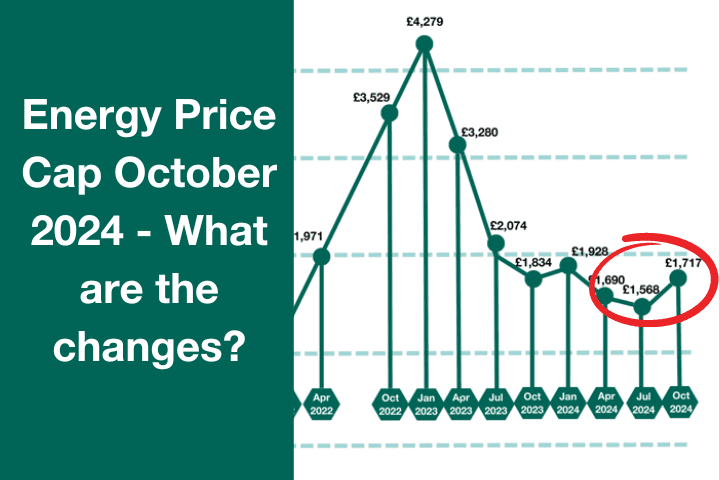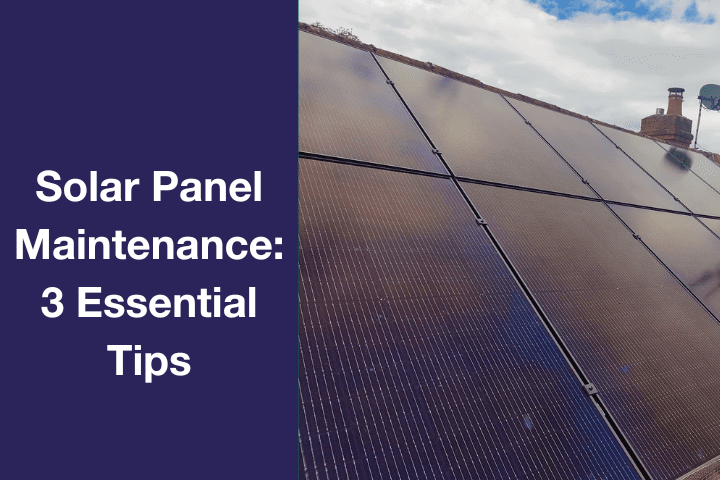5 (Good) reasons why heat pumps are more expensive than boilers
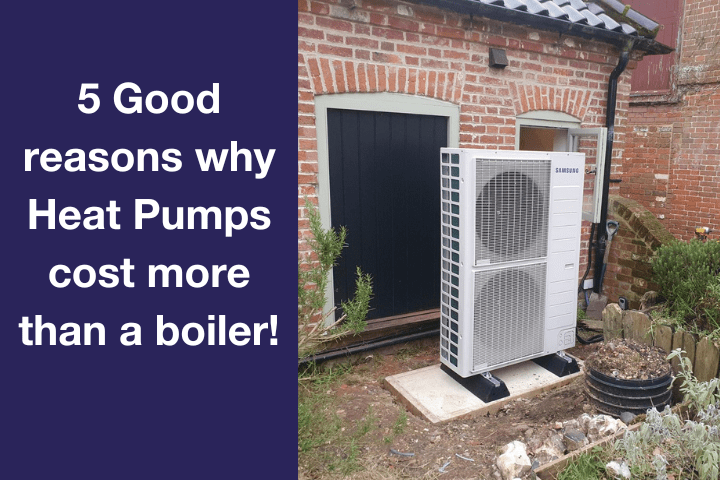
As the UK pushes towards greener energy solutions, heat pumps have become a central focus in reducing household carbon emissions. However, despite government grants designed to make these systems more affordable, heat pumps remain more expensive than traditional boilers. We understand that this can be a growing frustration for homeowners, as highlighted in a recent letter we saw in The Guardian Newspaper. Reader Adam Halawi, like many others, wonders why heat pumps cost more to install than gas boilers.
In this blog, we’ll explore why heat pumps are more costly and explain why, despite the higher costs, the ground-breaking technology is well worth the initial cost in the long term.
Here’s a breakdown of five main factors contributing to heat pumps’ higher cost and why they are still the smart choice for your home.
Table of Contents
1. Initial Installation Costs
The upfront cost of installing a heat pump is generally higher than that of a gas boiler. This is primarily due to the complexity and scope of the installation process. Heat pumps require careful site assessment, potential groundwork (for ground source models), and specialised equipment, all of which contribute to the overall expense.
Moreover, installing heat pumps demands higher expertise and technical knowledge from installers, which can further drive up costs. As the demand for heat pumps rises, there remains a shortage of skilled and certified installers, making expertise a crucial factor in pricing and another reason prospective buyers might see increased installation fees. If heat pump installation costs look too cheap, there is probably a reason for that, which you will want to avoid.
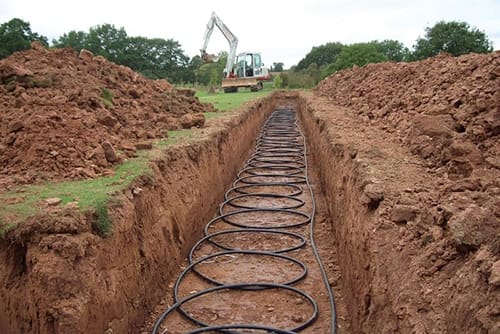
Why It’s Worth It: Despite the initial outlay, heat pumps are more energy-efficient and can significantly reduce energy bills over time, leading to long-term savings.
2. Technology and Efficiency of Heat Pumps
Heat pumps use a sophisticated refrigeration cycle, including components like the compressor, condenser, evaporator, and expansion valve, to absorb heat from outside sources and release it into the home. This process is highly energy-efficient because it merely transfers heat rather than generating it through combustion.
By contrast, gas boilers function by burning fuel to produce heat, a method inherently less efficient due to energy loss during combustion. This can result in a significant portion of the energy wasted as exhaust gases. Moreover, combustion can lead to a thermal strain on the boiler components over time, potentially causing damage and requiring regular maintenance and eventual replacement. On the other hand, the advanced components in heat pumps are designed to operate more sustainably and demand less frequent maintenance, leading to better operational cost savings and longevity than traditional boilers.
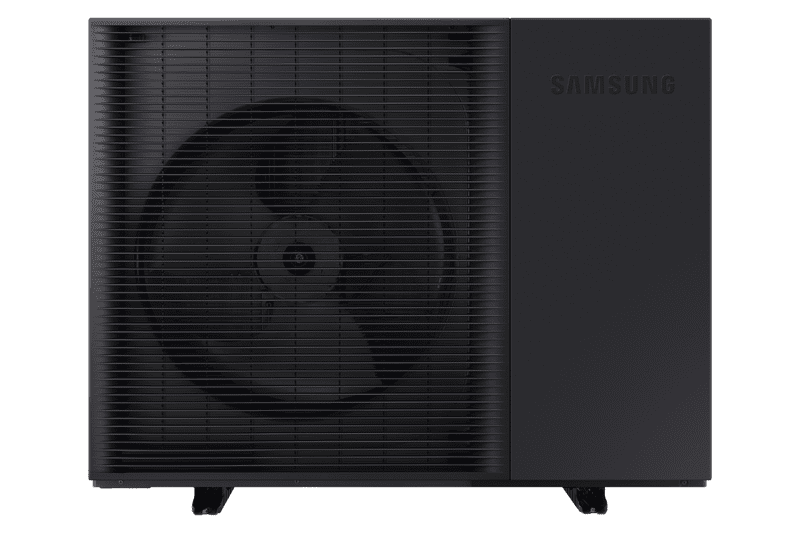
Why It’s Worth It: With a heat pump, you invest in cutting-edge technology that offers lower carbon emissions and a smaller environmental footprint, making it a sustainable choice for eco-conscious homeowners.
3. Longevity and Durability
Heat pumps have a longer lifespan than gas boilers. A well-maintained heat pump can last 15 to 20 years, while a gas boiler might only last 10 to 15 years. However, this longevity comes with a price, as the components used in heat pumps are built to withstand longer periods of operation.
Modern gas boilers operate through a combustion process that inherently subjects their internal components to high temperatures and varying pressure levels. Continuous thermal and mechanical stress produces quicker wear and tear than non-combustive systems like heat pumps. The combustion process generates heat energy and produces by-products, such as soot and particulates, which can accumulate and degrade boiler components over time.
Additionally, modern boilers are designed to be compact and efficient, which means the parts are often lightweight and finely tuned for optimal performance. While these features improve initial efficiency and ease of installation (and help reduce cost), they also tend to make the boilers more susceptible to pressure and thermal fatigue. As a result, even with regular maintenance, these factors contribute to a much shorter lifespan for modern gas boilers than their non-combustive heat pump counterparts.
Why It’s Worth It: The extended lifespan means you’ll likely replace your heat pump less frequently than a boiler, reducing the long-term maintenance and replacement costs.
4. Government Incentives and Rebates
Financial incentives exist for installing renewable energy systems like heat pumps. While these incentives can help offset the initial costs, they also reflect heat pumps’ higher perceived value and positive environmental impact.
In the UK, the Boiler Upgrade Scheme (BUS) is a government initiative to make transitioning to eco-friendly heating systems, such as heat pumps, more affordable for homeowners. This scheme provides grants to help cover the initial costs of installing air-source and ground-source heat pumps. By alleviating some of the financial burdens associated with these installations, the BUS encourages the adoption of cleaner energy technologies and aids in reducing the nation’s carbon emissions. Homeowners who invest in heat pumps as part of this scheme can benefit from significant savings on their energy bills over time, fostering a more sustainable and cost-effective approach to home heating.
Why It’s Worth It: Take advantage of the BUS to make the transition more affordable and enjoy the benefits of a greener heating system. These incentives can significantly reduce the payback period.
5. Emerging Market and Initial Costs
While heat pumps are gaining traction, they are still relatively new technology in the UK, contributing to their current high cost. Many customers still have unjustified perceptions of the technology, as demonstrated in the letter we recently saw in The Guardian.
At the same time, the UK’s historical dependence on gas heating means that infrastructure, expertise, and market saturation heavily favour traditional boilers over heat pumps’ more sustainable options. In contrast, many European countries have embraced heat pumps earlier, leading to economies of scale and lower prices. As demand for heat pumps grows in the UK, similar trends are expected to unfold, bringing down costs through increased competition, improved supply chains, and broader installer expertise. The trajectory observed in Europe suggests that initial costs may diminish as the market matures, making heat pumps a more accessible choice for UK homeowners.
Why It’s Worth It: By investing in a heat pump, you gain a versatile system that ensures year-round comfort in your home, potentially saving money on purchasing and upkeep.
In conclusion, while heat pumps may have a higher initial cost, their efficiency, durability, and environmental benefits make them a worthwhile investment for many homeowners. They offer significant energy savings over time and contribute to a more sustainable future. When weighing your options, consider not just the upfront costs but also the long-term economic and environmental benefits that heat pumps provide. Get in touch today to discuss heat pump suitability for your home.


